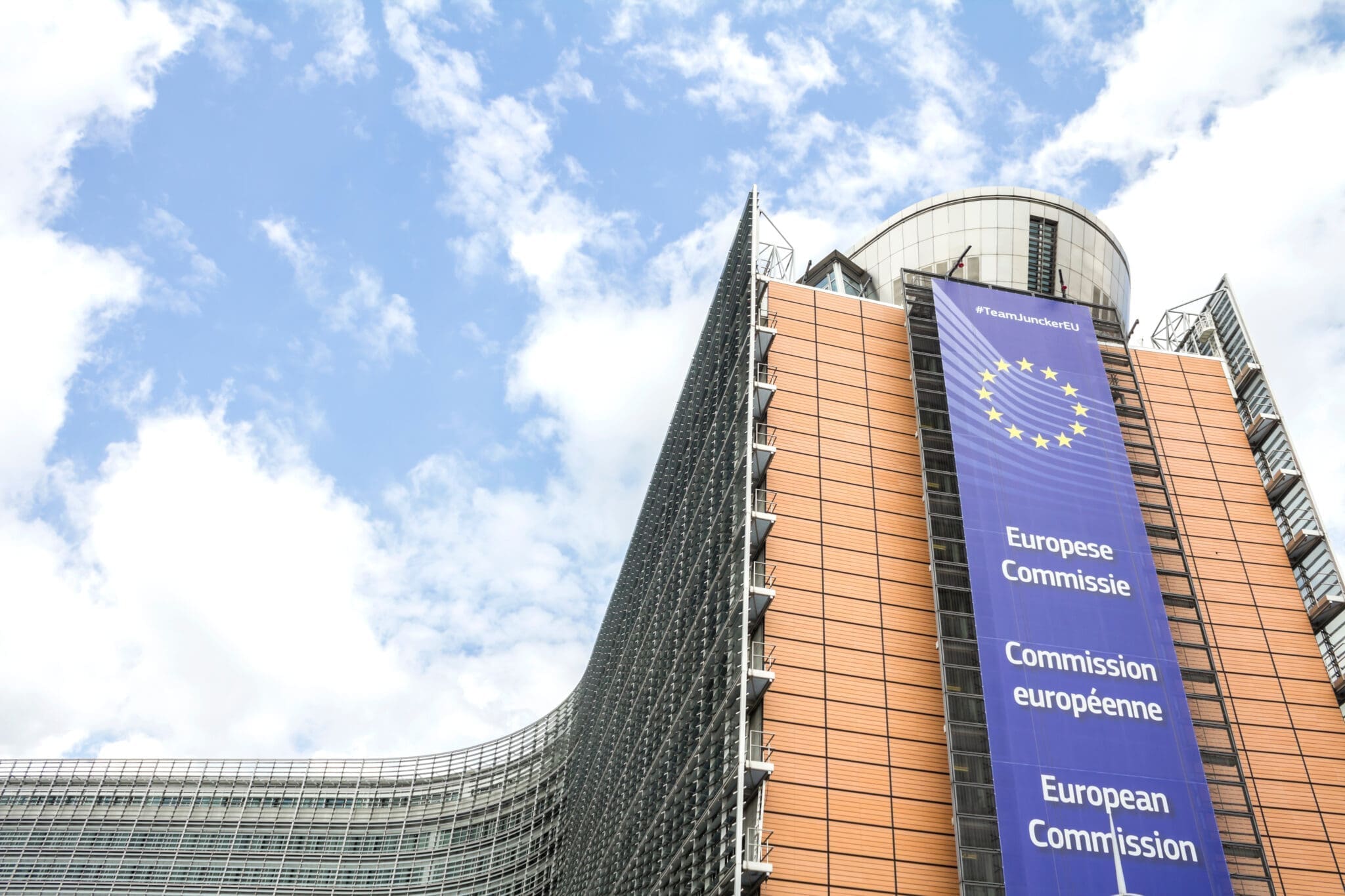With the CSDDD now formally adopted and due to be transposed into national law, what can Member States and businesses learn from Germany’s Lieferkettengesetz experience?
In January 2023, Germany followed in the footsteps of European countries like Norway in introducing the German supply chain due diligence act. Initially impacting German businesses employing over 3,000 people, the Lieferkettengesetz acts as a pre-cursor to the widely discussed Corporate Sustainability Due Diligence Directive (CSDDD).
Since it’s introduction in 2023, the Lieferkettengesetz has grown in scope to require companies employing 1,000 persons or more to comply with the legislation. As the scope has expanded, so have the complaints of German businesses and industry bodies.
A recent report by the Institut Der Deutschen Wirtschaft (German Economic Institute) in February 2024 reported that the legislation had increased business burden, uncertainty and in some instances compliance costs. More recently, a Thomson Reuters article reported that some German businesses were struggling to meet the cost and burden of the legislation, claiming that it also impacted global competitiveness.
This article looks at four challenges that German businesses have reported facing and provides suggestions for European companies now preparing to introduce due diligence processes to meet the wider European legislation.
- Data accuracy, availability and supply chain visibility
The global nature of international supply chains with several tiers of upstream and downstream suppliers has caused a headache for German businesses. Companies have struggled to know where to start when considering conducting supply chain due diligence. Information on business relationships within supply chains is hard to come by. When suppliers are identified there is often a lack of up-to-date or verifiable information to enable effective evaluation of a supplier’s capabilities and identify adverse aspects and impacts.
By using a multi-faceted approach, harnessing technology and local resource businesses can gather primary information from suppliers as well as using databases or publicly accessible information accessed via the internet. This approach helps to increase the quality of gathered information as well as reduce burden for buyers and suppliers.
- The importance of trust
Effective supply chain due diligence relies on trust between buying organisations and their suppliers. Tier 1 suppliers need to understand the reasons why they are being questioned about their business activities to build trust and unlock information about other tiers. Actively engaging with supply chain partners as part of an education and engagement programme fosters trust and encourages transparency.
- Resource constraints
In an Organisation for Economic Co-operation and Development (OECD) paper on Costs and Value of Due Diligence in Mineral Supply Chains, the author identified both upstream and downstream supply chain costs that were felt both by the organisation administering the due diligence processes and supplier subject to due diligence. Costs varied based on organisations and their maturity.
Much of the cost associated with due diligence that highlighted by the German businesses that have had to comply with Lieferkettengesetz have been due to an increased requirement for specialist resource and / or time that has needed to be spent on due diligence activities.
On the supplier-side, suppliers have found themselves having to amend processes, and, in some instances hire personnel to support with their own compliance.
Whilst there is undoubtedly a cost in ensuring compliance with due diligence directives there are ways businesses and industry bodies can share the load. Groups of likeminded businesses and bodies have worked together to establish due diligence and compliance protocols to share financial costs associated with due diligence and reduce the repetitive nature of compliance for common suppliers.
In response to the EU’s proposed CSDDD, a paper by the Supply Chain Intelligence Institute Vienna highlights the benefits of deploying a network model: A market solution can reduce both the costs incurred and the risk of dealing with a non-compliant company by effectively pooling the costs of due diligence, a positive list approach significantly increases the efficiency of the monitoring system as a whole. It also increases effectiveness because non-compliance by a single supplier leads to the delisting of that supplier for the entire EU market. This multiplies the incentives for compliance.
This is supported by Achilles own experience of bringing responsible buying organisations and transparent suppliers together to share the burden of supply chain risk management. This not only enables the costs of compliance are shared, but tangible incremental savings also to be made by deploying standardization wherever possible, and sharing non-sensitive, non-competitive information between all parties. Suppliers can use one assessment process to satisfy the requirements of multiple clients simultaneously. For buyer-side businesses, this means they do not need to reinvent the wheel or waste time going through a prequalification process for every tender driving efficiencies across the procurement process, whilst also continuously raising the bar of performance across the supply chain.
- The burden on small businesses
Both the Thomson Reuters article and separate analysis undertaken by the German Economic Institute highlighted the impact of supply chain due diligence legislation on small businesses. Such analysis showed that these impact have not been limited to German businesses but also those in emerging markets or ‘third countries’. Whilst small businesses may not be required to comply with the legislation directly, it does exposed them to new levels of scrutiny from buying organisations that require and expect them to demonstrate similar values and processes that they have themselves.
It’s true that increased legislative burden for buying organisations does create a ‘trickle-down’ effect for smaller businesses within the supply chain. In addition to taking a network approach to meeting the requirements, there are other proactive, cost-effective steps that businesses can take when supporting smaller suppliers. Supply chain education sessions and engagement activities provide a meaningful and effective way of upskilling supply chain partners. The sharing of expertise and best practices not only upskills the supply chain, but it increases trust and transparency.
To summarise, it’s true that new supply chain due diligence coming into force in Europe and around the world will create additional challenges for businesses both directly and indirectly affected by the legislation. These initial challenges will lessen over time as businesses adapt and establish increasingly efficient processes to meet the requirement for human rights and environmental due diligence and the positive impact of the legislation will be felt globally.
At Achilles we’ve built international networks of buyers and suppliers in some of the most dangerous and highly regulated industries on the planet. For over 30 years, we’ve seen dramatic improvements in the performance of our clients’ supply chains. As one of the pioneers of the network effect, Achilles continues to work with buyers and suppliers to facilitate effective, meaningful and cost-effective due diligence.
To learn more about the opportunities your business has in adopting an Achilles supply chain due diligence strategy, or to learn how you can demonstrate your transparency to over 600 international buying organisations contact us.


